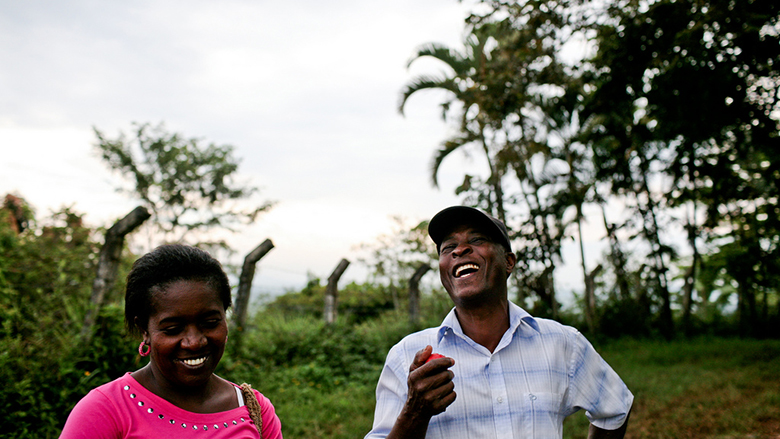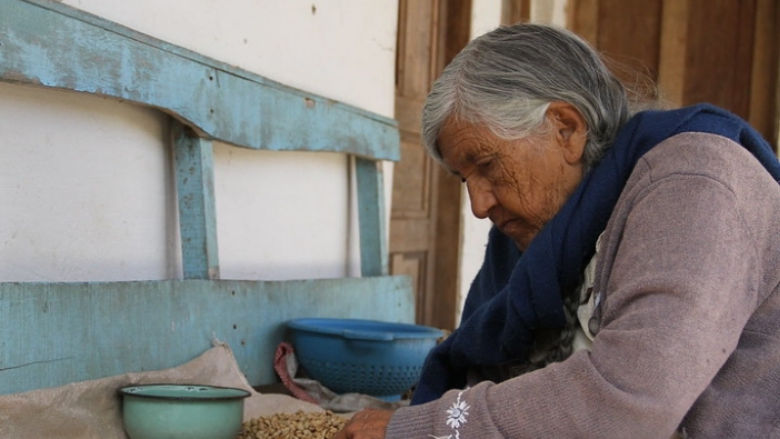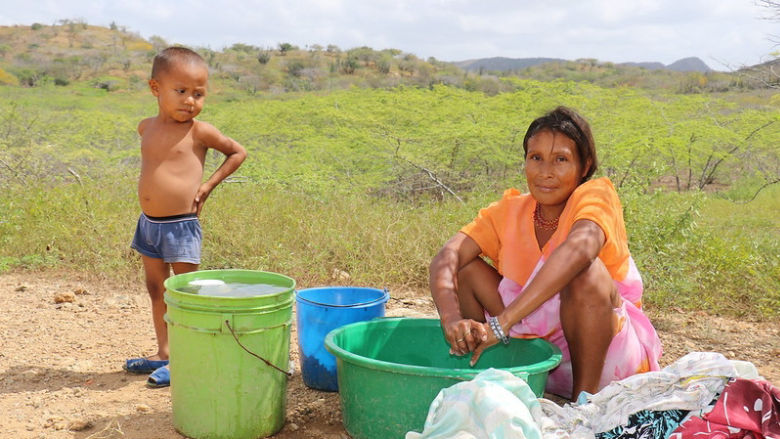Colombia is one of the largest and most diverse countries in Latin America. Its territory comprises 32 departments plus the capital district, covering over one million square kilometers. It has coasts on both the Pacific and Atlantic oceans and is crossed by the Andes mountains, giving rise to a wide variety of climates and landscapes—from tropical rainforests to snow-capped peaks. Colombia is classified as the second most biodiverse country in the world. Of its population of 51.6 million, about 9 percent identify as Afro-descendants, and approximately 6 percent as Indigenous.
Colombia’s track record for macroeconomic stability rests on stable institutions and a framework anchored in inflation targeting, exchange rate flexibility, and fiscal rules. Over two decades, these have been the cornerstone of stable growth and notable poverty reduction, but stagnant productivity has constrained convergence with high-income economies. Similarly, this progress had been insufficientto address deep inequalities across territory and population.
Beyond macroeconomic stability, limited global integration constrains diversification beyond commodities, while a complex tax system and low competition deter investment and innovation. Rigid public spending hampers infrastructure and service delivery and contributed to recent fiscal deterioration and the temporary suspension of the fiscal rule. Raising productivity requires better infrastructure, public services, a more broad-based and effective tax system, more efficient spending, and a more open business climate. More inclusive growth demands more effective fiscal transfers to support the most vulnerable, modernized social security, and stronger labor markets.
The economy grew 2.4% in the first half of 2025, up from 1.6% in 2024, driven by robust private consumption and government spending, as inflation eased and interest rates declined slightly. Poverty is estimated at 37% in 2024, though regional disparities persist. Growth is projected to reach 2.4% in 2025, and 2.9% by 2027, supported by private consumption, exports, and increasing private investment. Downside risks are significant, centered on fiscal consolidation, especially ahead of Colombia's 2026 elections, and external shocks.
A return to fiscal discipline and singnificant advances on structural reforms, including creating more competitive markets are required to preserve macroeconomic stability and impulse inclusive growth.
Last Updated: Oct 07, 2025





